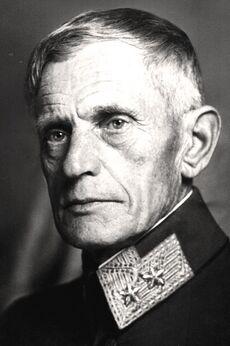1930 Ryccian general election (Pacifica): Difference between revisions
Jump to navigation
Jump to search
No edit summary Tag: 2017 source edit |
No edit summary Tag: 2017 source edit |
||
| Line 84: | Line 84: | ||
| after_party = DRF | | after_party = DRF | ||
}} | }} | ||
General elections in the First Ryccian Republic took place on October the 9th, 1930. | |||
This was the first election were royalists were permitted to participate under the politics of the Republic. Despite his party's losses, Sean Hoxe, the man considered the Father of the Republic and of the Nation to this day, celebrated the results, for, in his judgement, the fact all sectors of society, even those who were "anti-republican", could contest a free and fair election was a victory for the nascent Ryccian democratic system and its stability. | |||
Latest revision as of 18:58, 6 August 2023
| Template:Flagdeco | ||||||||||||||||||||||||||||||||||||||||||||||||||||||||||||||||||||||||
| ||||||||||||||||||||||||||||||||||||||||||||||||||||||||||||||||||||||||
All 1,370 seats to the Popular Assembly of the Republic 686 seats needed for a majority | ||||||||||||||||||||||||||||||||||||||||||||||||||||||||||||||||||||||||
|---|---|---|---|---|---|---|---|---|---|---|---|---|---|---|---|---|---|---|---|---|---|---|---|---|---|---|---|---|---|---|---|---|---|---|---|---|---|---|---|---|---|---|---|---|---|---|---|---|---|---|---|---|---|---|---|---|---|---|---|---|---|---|---|---|---|---|---|---|---|---|---|---|
| Turnout | 88.23% ( | |||||||||||||||||||||||||||||||||||||||||||||||||||||||||||||||||||||||
| ||||||||||||||||||||||||||||||||||||||||||||||||||||||||||||||||||||||||
File:1930RycElection Results of the election. | ||||||||||||||||||||||||||||||||||||||||||||||||||||||||||||||||||||||||
| ||||||||||||||||||||||||||||||||||||||||||||||||||||||||||||||||||||||||
General elections in the First Ryccian Republic took place on October the 9th, 1930.
This was the first election were royalists were permitted to participate under the politics of the Republic. Despite his party's losses, Sean Hoxe, the man considered the Father of the Republic and of the Nation to this day, celebrated the results, for, in his judgement, the fact all sectors of society, even those who were "anti-republican", could contest a free and fair election was a victory for the nascent Ryccian democratic system and its stability.
